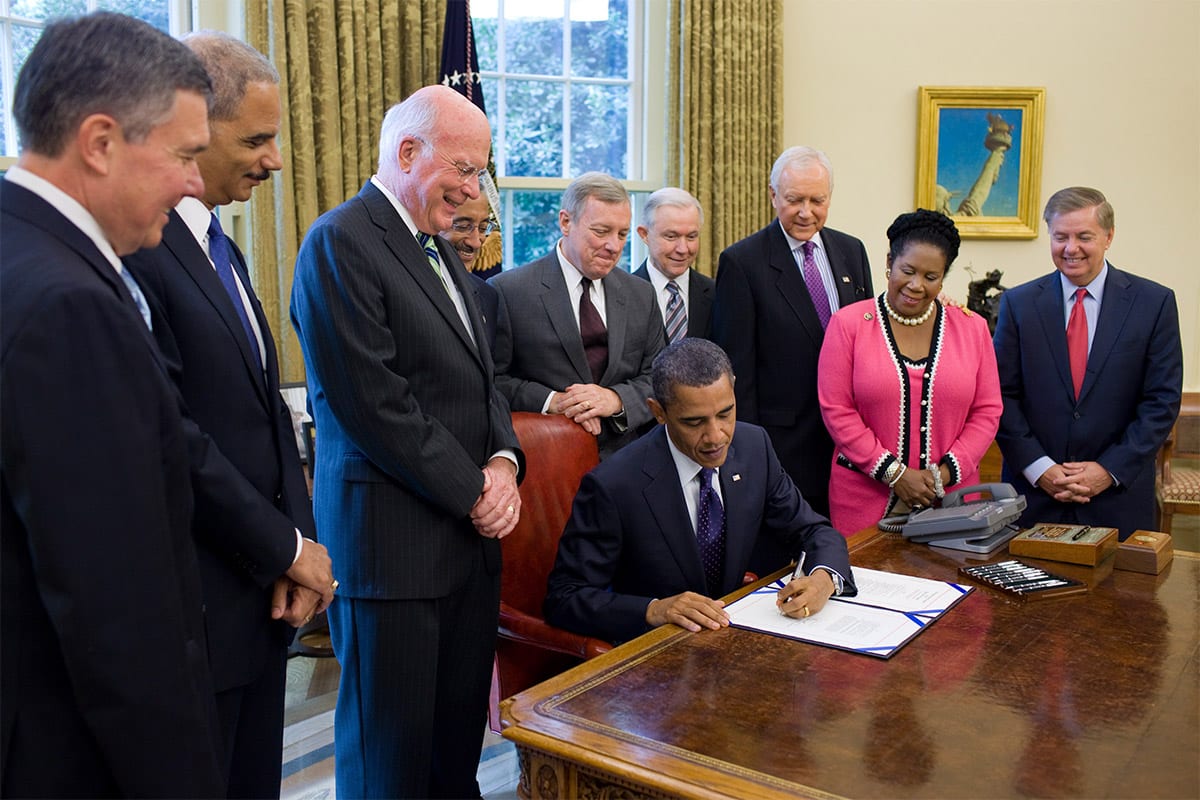Tamar Hoffman ’16 devoted a lot of time during her four years at Haverford to grappling with the problems and possible reforms of the United States’ criminal justice system. The political science major was inspired, early on, by courses such as “Restorative Justice and Design,” which was taught inside a prison to both college and incarcerated students, and “Public Policy Analysis.” And last summer, she received funding from the Center for Peace and Global Citizenship to intern at the Center for Court Innovation in New York City, where she conducted research on how to reduce jail populations in New York City, St. Louis County, and Los Angeles County, as part of the MacArthur Foundation’s Safety and Justice Challenge.
So a senior thesis on a particular issue related to incarceration in America was a perfect capstone to her college career.
“My education at Haverford, both in and out of the classroom, has encouraged me to think critically about the purpose of the criminal justice system, and I was grateful to have the space to further explore this topic through the thesis process,” says Hoffman, who also minored in economics and earned a concentration in peace, justice, and human rights.
That thesis, “‘Surprise the Cynics:’ Evolving Consensus on Bipartisan Criminal Justice Reform,” explored how bipartisan consensus on crime had evolved—particularly in regards to prison sentencing—from the “tough-on-crime” 1994 Crime Bill to the 2010 Fair Sentencing Act, which reduced mandatory minimum sentences for the first time since the beginning of the War on Drugs
“I was first inspired to take this topic on after the Coalition of Public Safety, which brought together political organizations ranging from the ACLU to the Koch Industries, was established last February,” says Hoffman. “This event signaled an important change in the national dialogue around criminal justice reform, and I was interested in what political changes occurred in order to bring about this new coalition.”
Hoffman will continue to explore issues raised by her thesis as a Haverford House fellow serving in the Housing Unit of Community Legal Services.
“I’m really excited to keep on engaging with issues of justice and the ramifications of mass incarceration through that position,” she says.
What did you learn from working on your thesis?
I’ve learned so much, it’s hard to even begin to answer this question. The thesis process was a great exercise in pushing myself and learning about how to take on larger academic projects than I normally have the opportunity to. I learned to think critically about U.S. political development and its historical origins, particularly with regards to criminal justice policy. In terms of the content of my research, the most important takeaway has been that we need to break from the ideas that have historically driven incarceration and supervision in order to create lasting change.
Official White House photo of President Obama signing the Fair Sentencing Act by Pete Souza.
“What They Learned” is a blog series exploring the thesis work of recent graduates.
